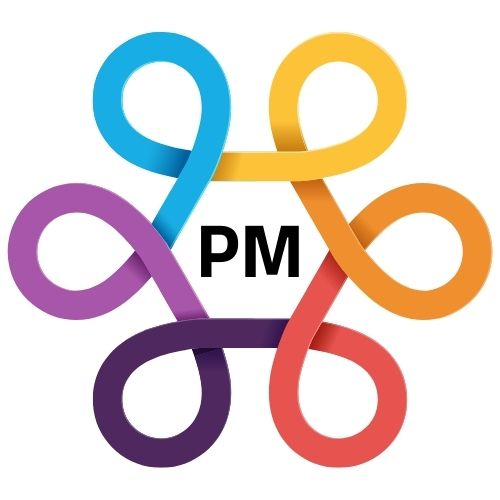How to Keep Your Digital Marketing Campaigns Safe from Cyber Attacks

How to Keep Your Digital Marketing Campaigns Safe from Cyber Attacks...
As digital marketing continues to evolve, so do the cybersecurity risks associated with it. Cyber-criminals are targeting marketing campaigns to steal sensitive data, manipulate online advertising, and compromise brand credibility. Protecting your digital marketing efforts from cyber threats is essential to maintaining customer trust and business integrity. This article outlines the key security risks and best practices for safeguarding your digital marketing campaigns.
1. Understanding Cyber Threats in Digital Marketing
Cyber threats targeting digital marketing campaigns come in various forms, including:
- Phishing Scams: Attackers impersonate legitimate businesses to steal credentials.
- Malware & Ransomware: Malicious software can infect marketing platforms and websites.
- Data Breaches: Unauthorized access to customer data can lead to severe consequences.
- Ad Fraud & Click Fraud: Fraudulent bots can drain ad budgets and skew campaign analytics.
- Social Media Hijacking: Hackers take over brand accounts to spread misinformation or scams.
2. Best Practices for Securing Your Digital Marketing Campaigns
To protect digital marketing campaigns from cyber threats, businesses must adopt proactive security measures:
a) Secure Website & Marketing Platforms
- Implement SSL/TLS encryption to protect user data.
- Use secure CMS platforms and regularly update plugins and themes.
- Conduct penetration testing to identify vulnerabilities before attackers do.
b) Strengthen Account Security
- Enable multi-factor authentication (MFA) on all marketing accounts.
- Use strong, unique passwords for each platform and change them regularly.
- Limit account access to authorized personnel only with role-based permissions.
c) Monitor & Protect Advertising Campaigns
- Use fraud detection software to identify and block fraudulent ad traffic.
- Regularly analyze click-through rates and conversions for anomalies.
- Work with reputable ad networks that prioritize fraud prevention.
d) Safeguard Customer Data & Privacy
- Store customer data in encrypted databases.
- Follow GDPR*, CCPA, and other data protection regulations.
- Provide clear privacy policies and obtain user consent for data collection.
e) Prevent Social Media & Email Marketing Exploits
- Set up two-factor authentication (2FA) for social media and email accounts.
- Train employees to recognize phishing attempts and suspicious links.
- Use email authentication protocols like SPF, DKIM, and DMARC to prevent spoofing.
3. Regular Security Audits & Employee Training
- Conduct cybersecurity awareness training for marketing teams.
- Perform regular security audits to assess vulnerabilities.
- Develop an incident response plan in case of a security breach.
Conclusion
Cyber-security should be a top priority for any digital marketing strategy. By implementing strong security measures, continuously monitoring for threats, and educating employees on best practices, businesses can keep their digital marketing campaigns safe from cyber attacks. A proactive approach not only protects brand integrity but also ensures long-term success in an increasingly digital world.
* As a side note, I am qualified in GDPR and have extensive knowledge and experience in this area for those in the UK who have to implement it into their marketing strategies.
